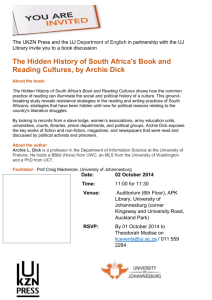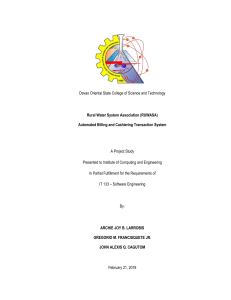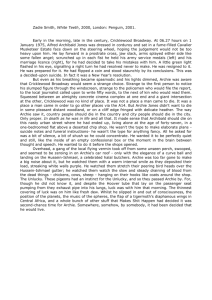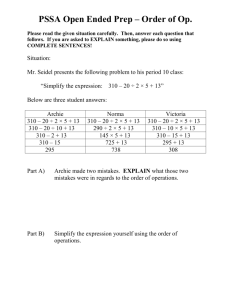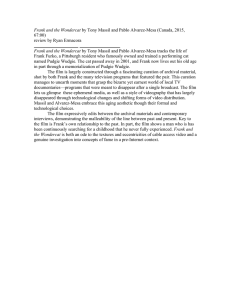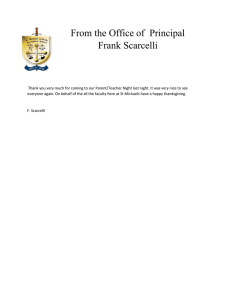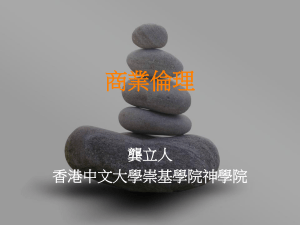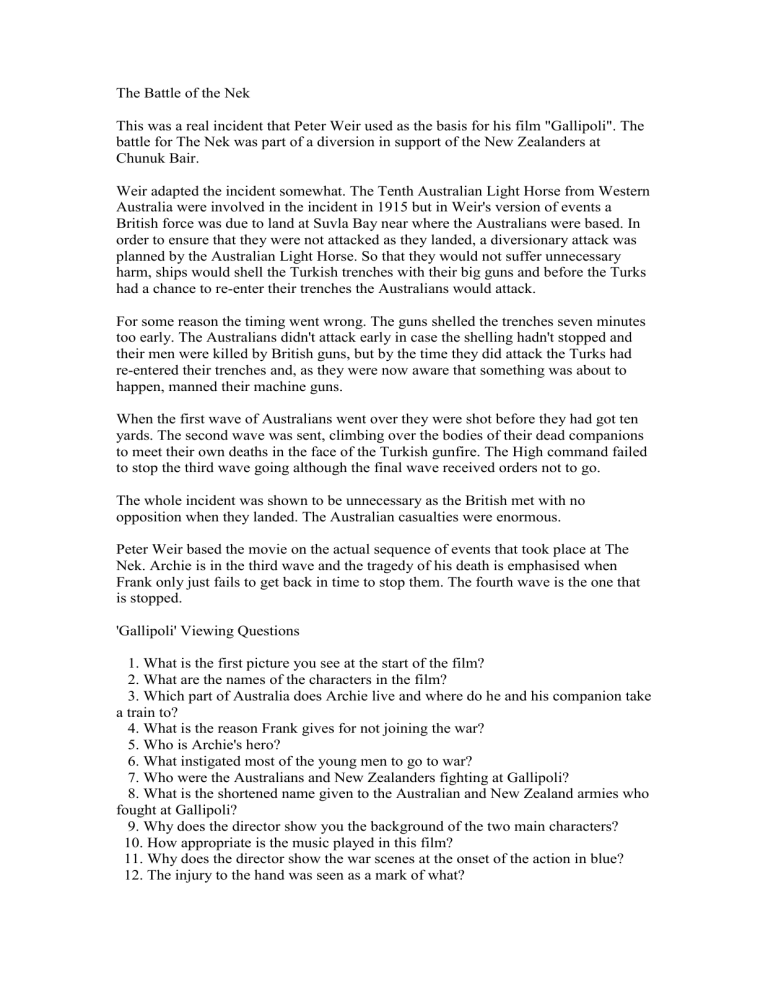
The Battle of the Nek This was a real incident that Peter Weir used as the basis for his film "Gallipoli". The battle for The Nek was part of a diversion in support of the New Zealanders at Chunuk Bair. Weir adapted the incident somewhat. The Tenth Australian Light Horse from Western Australia were involved in the incident in 1915 but in Weir's version of events a British force was due to land at Suvla Bay near where the Australians were based. In order to ensure that they were not attacked as they landed, a diversionary attack was planned by the Australian Light Horse. So that they would not suffer unnecessary harm, ships would shell the Turkish trenches with their big guns and before the Turks had a chance to re-enter their trenches the Australians would attack. For some reason the timing went wrong. The guns shelled the trenches seven minutes too early. The Australians didn't attack early in case the shelling hadn't stopped and their men were killed by British guns, but by the time they did attack the Turks had re-entered their trenches and, as they were now aware that something was about to happen, manned their machine guns. When the first wave of Australians went over they were shot before they had got ten yards. The second wave was sent, climbing over the bodies of their dead companions to meet their own deaths in the face of the Turkish gunfire. The High command failed to stop the third wave going although the final wave received orders not to go. The whole incident was shown to be unnecessary as the British met with no opposition when they landed. The Australian casualties were enormous. Peter Weir based the movie on the actual sequence of events that took place at The Nek. Archie is in the third wave and the tragedy of his death is emphasised when Frank only just fails to get back in time to stop them. The fourth wave is the one that is stopped. 'Gallipoli' Viewing Questions 1. What is the first picture you see at the start of the film? 2. What are the names of the characters in the film? 3. Which part of Australia does Archie live and where do he and his companion take a train to? 4. What is the reason Frank gives for not joining the war? 5. Who is Archie's hero? 6. What instigated most of the young men to go to war? 7. Who were the Australians and New Zealanders fighting at Gallipoli? 8. What is the shortened name given to the Australian and New Zealand armies who fought at Gallipoli? 9. Why does the director show you the background of the two main characters? 10. How appropriate is the music played in this film? 11. Why does the director show the war scenes at the onset of the action in blue? 12. The injury to the hand was seen as a mark of what? 13. The scenes at the 'front' seem different to those in the earlier times at the pyramids. What has changed? 14. What does the English colonel see the Australian campaign as? 15. What is wrong with the parcels sent from home? 16. The characters look at each other in the trenches without saying a word. Their laughter is forced. What are they really thinking and feeling as the end comes near? 17. Pinpoint the place in the film where the characters actually realise the full extent of being in a war. 18. Just before Snow's death, what does Frank say to convince him of the purpose for which he was fighting? 19. Archie calls the war an experience "larger than life". What does this mean? 20. Men going 'over the top' were shot down before getting anywhere near the enemy. What attitude is the director attempting to arouse in the viewer? 21. What do you think the director was trying to show you by making this film? 22. What audience do you think this film is best targeted at? Questions After Viewing the Film 1. War can be seen as a race, a game or a competition. List the races and games portrayed in the film. 2. There is an irony in Archie's mother's instructions to her son to "come back with a medal". Explain what this irony is. 3. When Archie and Frank are crossing the dried up lake on the way to Perth, how does the director emphasise the desert's heat and size? 4. The scenes in Egypt (Cairo) show the soldiers enjoying themselves. Give two examples of their activities there. 5. The 'war games' in Egypt end with many of the troops lying down and laughing. Why were they doing this? 6. Why was the Light Horse used to attack the Turkish trenches? How did the attack go wrong? Why were so many of the Light Horse killed? 7. Describe the scenes in which music is used to intensify or add to the action. Explain the mood created in each case. 8. Why does Archie repeat his ritual chant "steel springs" before going over the top? Does he in fact, fight or fire with his gun? 9. Some films are intended to entertain the audience, while others both entertain and Contain a message or theme. What message does the film "Gallipoli" contain? Give two examples of humour used in this film. 10. Imagine you are Frank or Archie. Write a letter back home to Australia with details about some of the things you are seeing and experiencing. Would you tell them all the details? Or would you tell them only that which would not worry them? Purpose and Film Techniques Peter Weir is making us aware of what happened in the Battle of the Nec. He is making us think about war. He is showing use why people joined up to fight. Weir is making us aware, so we can make up our minds about how we feel. Structure There are three basic locations in the film. They are used to establish the characters, to develop these characters, and let us get to know them. Weir provides contrasts with these settings. The settings add atmosphere, background and information about war. Australia: Archie in the outback. He is established as a character. o A good horseman. He believes he will be accepted into the Light Horse even though he is only 18. o A good runner. He runs under 10 seconds over 100 yards. Archie is compared to Harry Laselles. o A loyal friend. Archie doesn't back down from the bet, Zac his aboriginal friend makes with Les. o Brave. Archie runs though his feet are bleeding and he has to run a competition race. o Determined - to fight. Archie decides to leave home and join up. He believes he is a man. (Look at "The Jungle Book" Rudyard Kipling) Frank and the lads. Frank's character is developed: o A city boy. Frank is worldly, he knows how to forge a birth certificate o A good runner. Frank races against Archie and nearly wins. o Self confident. Frank bets on himself in the race. o A realist. Frank doesn't want to join up because he knows he could get killed. o An opportunist. Frank decides to join up so he can get somewhere in life as he tells his father. Snow: o Simple. Snow can't understand why Frank won't join up. o Loyal. Snow wants all his mates to join together. o Religious. Snow won't drink or involve himself with the women in Cairo. o Sees things as black and white - he thinks Frank is a coward. o Serious - life is serious business. Prof: o Thinker. He comments on Gallipoli to the others. o Just. He decides to join up when he hears about the Turks putting stakes in pits. Barney: o Joins because the Prof. Tells him all the ladies love a uniform. So, in Australia, all join up in either the Infantry or the Light Horse. Their friendships are developing. The general view of the Australian people about war from news (propaganda) can be summed up here: Farmer/Wife: It was right to fight. They would want their son to join up if they had one. Men outside the bar: Discussing 'glorious' Australian action. Camel driver: "What war?" and "I knew a German once" Crowd at the Fair: Excited by Light Horse parade. Cairo These are the scenes of life in a foreign country. We see the loyalty of friends (incident with the Egyptian artifact) We see the fun at the Red Cross Ball and the mock war. The relationship between the British Army and Australians is emphasised: 1. The men on horseback - call Australians 'rabble' 2. Chiefs at the 'mock' war - not impressed with the goings on Further developments of the relationship between Frank and Archie 1. Frank joins the Light Horse 2. Race to the pyramids 3. The Red Cross Ball Towards the end of the Cairo scenes, and air of tension is introduced as the time comes to leave. The note given to the Major means he will allow Frank and Archie to stay. Gallipoli: They arrive at night - immediate sense of doom, although the hillside is all lit up and beautiful. We are provided with a series of scenes about life in the trenches: 1. flies on biscuits 2. shortage of water bottles (have to be collected and filled) 3. hand of a dead man 4. games with Turk target 5. home made bombs 6. black market - barter 7. sound of guns, explosions 8. snipers All of these things lead to an awakening of us, and Frank and Archie to the realities of war. After the infantry battle where Snow and Barney die, Frank is utterly scared - he has no more illusions. Archie is still not totally aware but more so than he was at home. He can recognise the fear in others, for example Frank and Les. This all leads to the climax where Archie is shot and we are forced to know. The Use of Humour Makes characters and their feelings seem more likeable and you understand them better. This makes it more upsetting, meaningful when they die. For example: * Snow's unwillingness to go to the prostitutes * The breaking up of the wrong shop * The 'mock' war There is also "black humour" where the situation is grim but funny: For example: * The shaking of the hand of the dead man * Target practice with the Turks All are designed to make you more aware of the reality of war. Themes/Main Ideas 1. It doesn't matter who or what you are, you have an equal chance of dying. Both the Infantry and the Light Horse die. 2. Friends are important. Archie saves Frank's life by suggesting he is the runner. 3. War is not a game. Cairo war games versus the real Gallipoli. 4. War is a futile, unfair exercise. Men's lives were dependent upon incompetent commanders. 5. In war, life is cheap. When the Major stresses that to send the next wave will be murder - the commander says he doesn't care - they still must go. 6. In war you are fighting other men, not ideas or slogans. The look of the Turkish prisoner is not fierce. He is like all men. 7. The reality of war is a long way from the propaganda reports and romantic notions designed to make them enlist. Back in Australia the war seemed to be glorious, right and the manly thing to do. In Gallipoli, it was just a waste of life, not glorious or right. Would you fight if you were asked to join up now? If not, then the director might have succeeded. Affecting the Audience The director wanted to affect his audience in particular ways: 1. Sadness - at the waste of life, at loss, futility of war, reality of war 2. Anger - at commanders, at stupidity, at blindness, at propaganda, and the results of war 3. Depression - we still have war 4. Happiness - at friendship, courage, efforts of many in war 5. Admiration - at bravery, courage, caring and sacrifice made for us 6. Disbelief - that it really was this bad Use of Colour Blue is used to convey sadness and suspense. It has the feeling of doom and realism. The blue makes some scenes look like old newsreels. The colour creates mood, it shows night time and many of the sad scenes take place at night. The blue hints at the serious things to come. Archie at night before he leaves for the race. We are first introduced to the idea of the war and see what he will leave behind when we see his uncle reading to the children. He is reading the story of Mowgli's coming of age from Kipling's "The Jungle Book". This emphasises that Archie must leave his childhood and become an adult - something that happens very quickly in war. The scene where the soldiers leave Australia. While this is presented as a celebration with bands playing, crowds cheering and streamers flying, the night colouring gives it a sinister overtone which is emphasised by the attitude of the officer and his wife. When the boats arrive at Gallipoli they come out of the mist and the colouring gives a very threatening atmosphere emphasised by the music and the close up view of Frank's face. The mood of this scene is further emphasised by the contrast with the previous scene that is at the ball in Egypt. Here, there is music and dancing and colour and laughter. It is at night that Frank finds out the fate of his three friends, Snow, Bill and Barney. Use of Music Music also plays an important role in creating mood and atmosphere. There are two recurring themes in the film. The first is fast paced electronic music by Jean-Michel Jarre. This is played in running sequences. For example, Archie's race against Les and in the desert when Archie spots the camel tracks and a chance for life. It is also used in Egypt when the two friends have re-met and are racing to the pyramids emphasising their enjoyment of life. The music creates a sense of excitement and life and anticipation. However, when the theme is played, it often is at times when something risky is being done and we want our central characters to succeed - so the anticipation is tinged with worry. An example of this is when Frank is running to get a higher command. The second recurring theme is the slow, orchestral theme. This is often played in association with the blue scenes and creates a sad atmosphere and also prepares us for something bad to happen. This is Adagio in G minor by Albinoni, it is used when the men are about to go over the trenches and is like a funeral procession. At other times music is used to help set the scene: * The band at the race meeting creates a carnival atmosphere which is interrupted by the drums of the recruiting officers which brings the celebration to a halt. * Eastern music helps create the atmosphere of a new country when the troops are in Egypt. * Dance music at the ball provides a contrast with the slow theme in the scene that follows at Gallipoli. * Operatic music is used to help create a scene of nostalgia and sadness just before the troops go over the top. Use of Symbols 1. The watch - Archie's uncle gives him the watch to keep. This is a symbol of running and speed. The reason the attack in Gallipoli fails is because of unsynchronised watches. The symbol of the watch makes us aware of time running out: to win or to die. 2. Races. There are many races in the film. The contrast between them adds to the atmosphere of futility. * Race for Zac - Zac sets the rules and Archie races for him and wins * Race for a medal - Archie runs for Jack and himself and wins * Race to the pyramids - for friendship, it is a tie between Frank and Archie * Race at the end - Archie's race to death * Frank's race against time to save Archie's life - he loses In the end, the most important races were lost. 3. Race ribbon - In the beginning Archie heaves himself towards the ribbon and wins. At the end he heaves himself just the same at the Turkish guns - and loses. The same psyching up formula is used at the beginning and at the end. "What are these" - steel springs "What are they going to do" - hurl me down the track "How fast can you run" - as fast as a leopard "How fast will you run" - as fast as a leopard "Then let's see you do it" 4. Contrasts * 'mock' war in Cairo compared to the real thing in Gallipoli. The mock is used to make the real thing more terrible * handshake and farewell "I'll see you when I see you", "Not if I see you first" this is reversed at the end of the film 5. Whistle - this signals the start of the fun races and the start of the waves going over the trenches. The contrast makes us see how anti-life war is, whereas the first whistle signals a race to victory, the other is to death. 6. Contrast between Infantry and Light Horse. The recruiting for the Light Horse is orderly, organised, not too many men. The recruiting for the Infantry has lots of men, subjected to medical exam, teeth inspections. The contrast shows the elitism of the Light Horse - only 'gentlemen' and farmer's sons could ride. In the end, neither matters. All are cannon fodder and all die. The Turkish guns know no class distinctions. In war all men regardless of race, creed, colour or class are fair game. This emphasises the senselessness of war and the feeling that survival is out of man's control. Use of Camera Shots Some specific examples are: 1. Close ups of faces to emphasise fear, sadness, disillusionment and joy. We see examples in the faces of the soldiers at the wharf when the ships are leaving Australia. The camera gives close ups of several faces all happy, then shows the wife of the Major, she is sad at the possibility of his death. We see this also in the faces of the men in the boats landing at Gallipoli. Fear, wonder. The situation is unlike the 'games' they had been playing. 2. Underwater camera. This is used when the men go for a swim and the shrapnel falls 'fizzing' into the water because it is hot. We can see a happy sense transformed into a dangerous one - again we are confronted with the reality of war. There is no escape at Gallipoli. 3. Shaken camera. When Archie and Frank first arrive and are lying while explosions happen around them. The camera shakes to give us an idea of how it would feel to have the ground shake with explosions. Again we feel the reality of the war. 4. Long and wide shots. These occur at Gallipoli at night with all the lights and explosions. It looks like a fair with fireworks - but it isn't. It emphasises the idea that a lot of soldiers joined because war seemed a romantic adventure, but in effect was a brutal and fatal experience.
